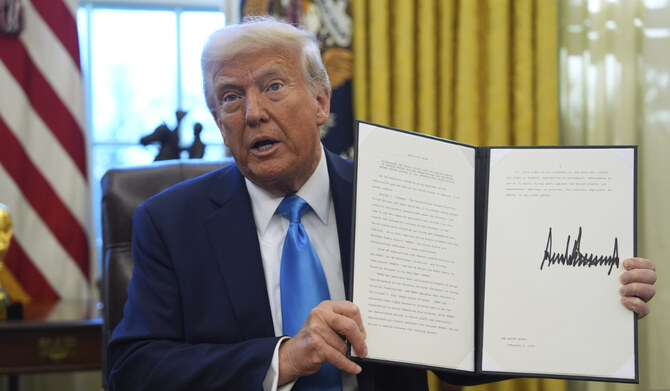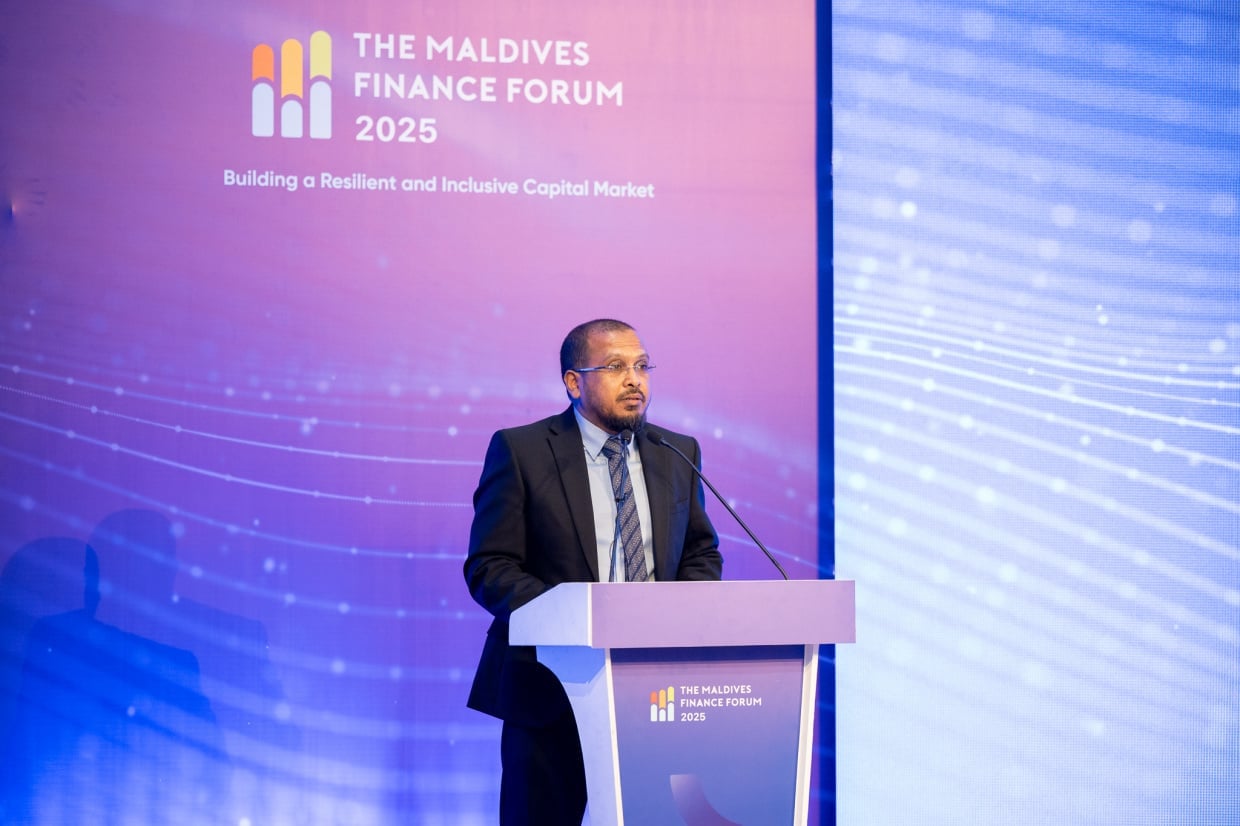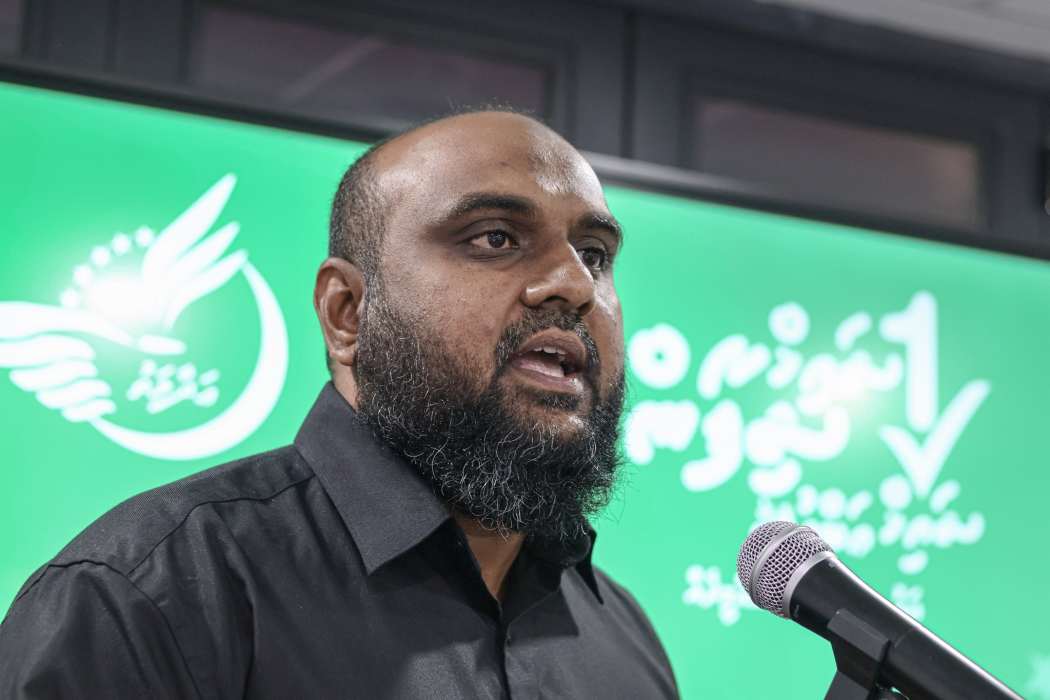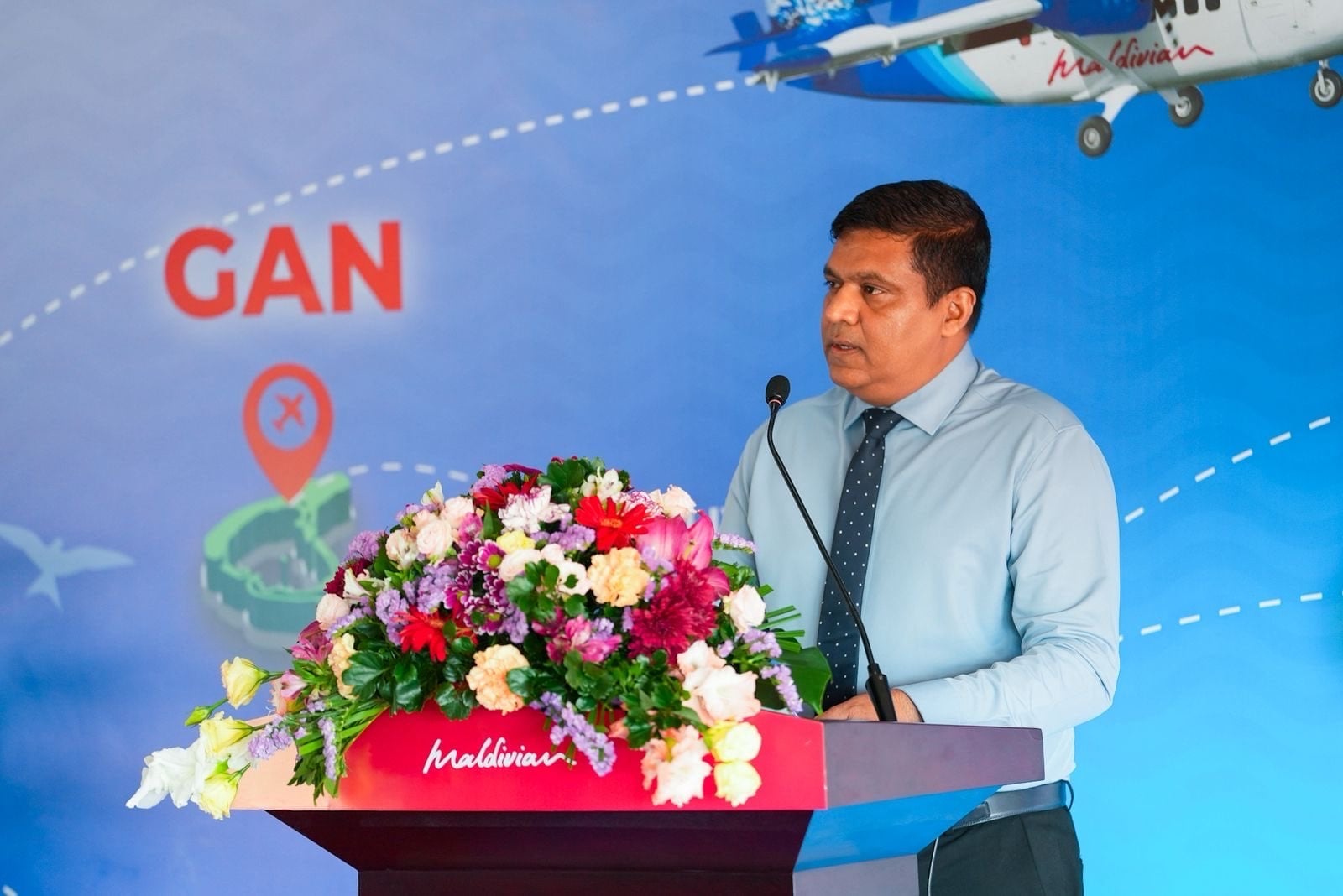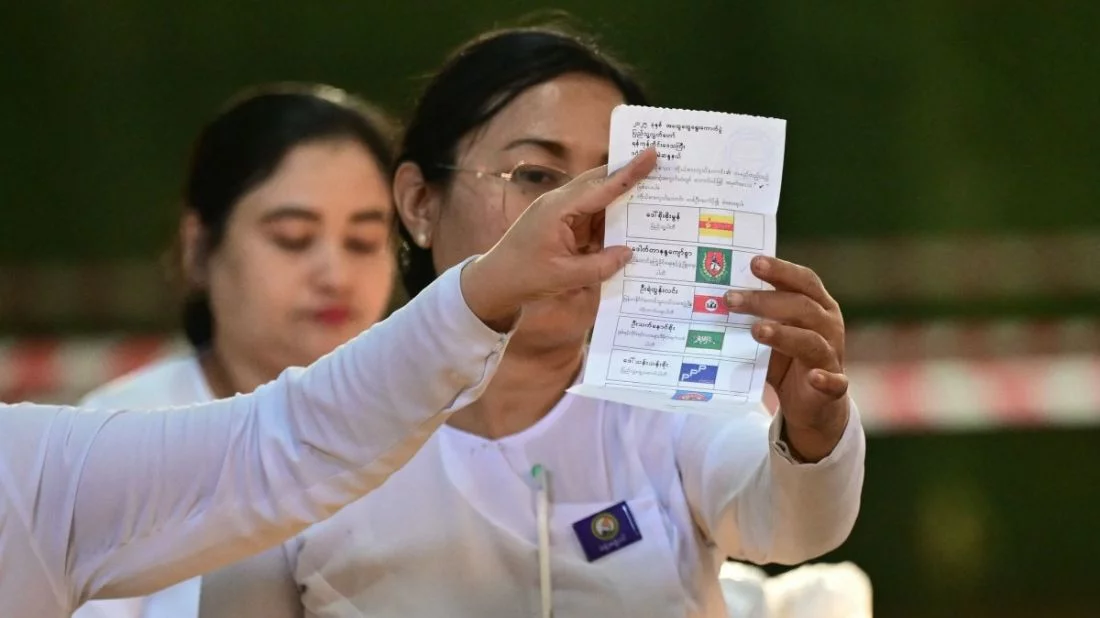In a significant policy shift, US President Donald Trump signed an executive order on Tuesday withdrawing the United States from multiple United Nations bodies, including the Human Rights Council (UNHRC) and the UN Relief and Works Agency for Palestine Refugees (UNRWA).
The move also mandates a comprehensive review of US funding for the UN.
The executive order targets the UNHRC, UNRWA, and the United Nations Educational, Scientific, and Cultural Organization (UNESCO) in response to what White House staff secretary Will Scharf described as "anti-American bias" within these agencies.
The UNHRC, comprising 47 member states elected by the UN General Assembly for three-year terms, has faced longstanding criticism from Washington. The executive order effectively ends US participation in the council's activities, which include reviewing human rights practices and investigating rights violations.
Scharf emphasized that the review aims to assess America's financial contributions to the UN, citing "wild disparities" in funding levels among member nations.
President Trump highlighted the need for reform within the UN, stating, "It should be funded by everybody, but we’re disproportionate, as we always seem to be."
Impact on Palestinian Aid and Previous UN Withdrawals
The withdrawal from UNRWA follows longstanding US and Israeli criticisms of the agency. Under Trump's administration, Washington backed Israel's calls for banning UNRWA, accusing it of disseminating hate material.
In January 2024, the US, under former President Joe Biden, halted funding for UNRWA after allegations of links between agency staff and Hamas. Subsequent investigations found some "neutrality-related issues" but did not substantiate Israel's primary claims, prompting other donor nations to resume their financial support.
Trump’s latest executive order echoes moves from his previous term, including the withdrawal from the Paris Climate Agreement and an attempt to leave the World Health Organization. These actions reflect a continued policy stance emphasizing American sovereignty and financial responsibility in multilateral engagements.
The move also mandates a comprehensive review of US funding for the UN.
The executive order targets the UNHRC, UNRWA, and the United Nations Educational, Scientific, and Cultural Organization (UNESCO) in response to what White House staff secretary Will Scharf described as "anti-American bias" within these agencies.
The UNHRC, comprising 47 member states elected by the UN General Assembly for three-year terms, has faced longstanding criticism from Washington. The executive order effectively ends US participation in the council's activities, which include reviewing human rights practices and investigating rights violations.
Scharf emphasized that the review aims to assess America's financial contributions to the UN, citing "wild disparities" in funding levels among member nations.
President Trump highlighted the need for reform within the UN, stating, "It should be funded by everybody, but we’re disproportionate, as we always seem to be."
Impact on Palestinian Aid and Previous UN Withdrawals
The withdrawal from UNRWA follows longstanding US and Israeli criticisms of the agency. Under Trump's administration, Washington backed Israel's calls for banning UNRWA, accusing it of disseminating hate material.
In January 2024, the US, under former President Joe Biden, halted funding for UNRWA after allegations of links between agency staff and Hamas. Subsequent investigations found some "neutrality-related issues" but did not substantiate Israel's primary claims, prompting other donor nations to resume their financial support.
Trump’s latest executive order echoes moves from his previous term, including the withdrawal from the Paris Climate Agreement and an attempt to leave the World Health Organization. These actions reflect a continued policy stance emphasizing American sovereignty and financial responsibility in multilateral engagements.



